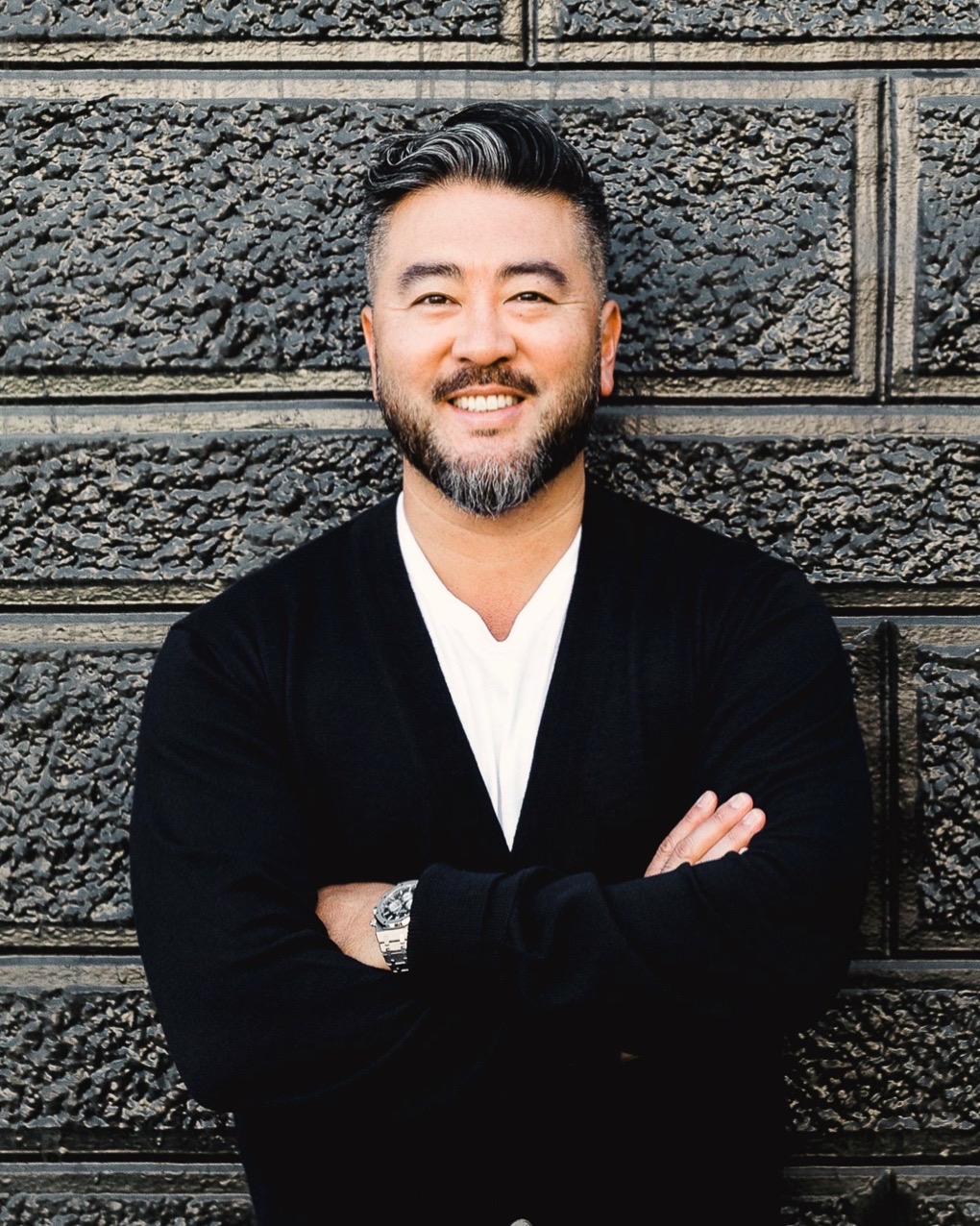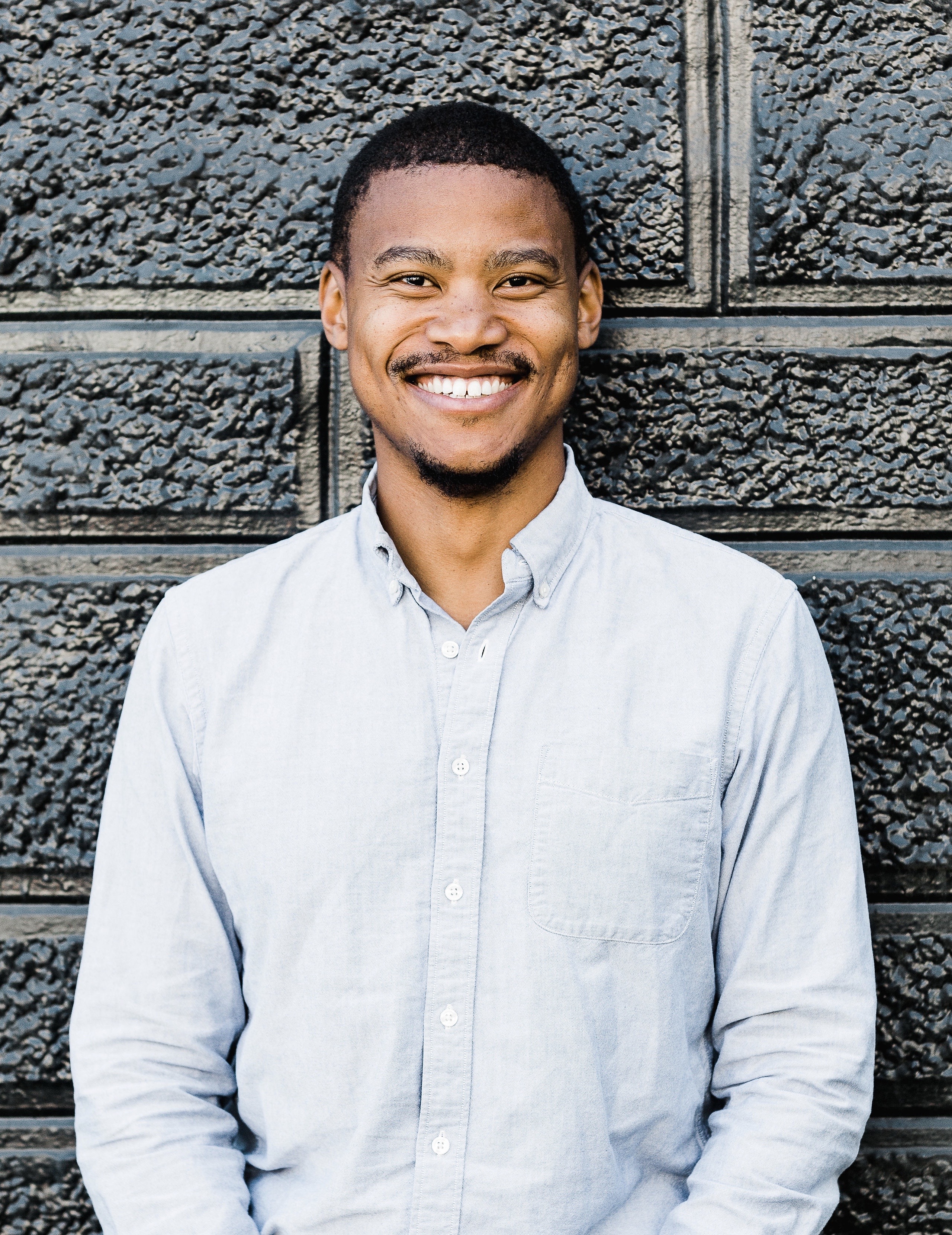Business
Steve Jang & Kanyi Maqubela form or fund as Kindred Ventures

Venture capitalists often mutter, “I haven’t seen anything I like lately”. Founders frequently complain that “investors are back-seat drivers who won’t get their hands dirty.” A $55 million fund with a fresh approach is aiming to address both those issues.
Steve Jang and Kanye Maquebla are two exceedingly smart and sweet guys who couldn’t help but come up with ideas for startups. Jang co-founded music apps Imeem and Soundtracking, meanwhile serving as an early Uber advisor and angel investor in Coinbase. Maqubela worked in operations at career network Doostang and solar startup One Block Off The Grid before becoming a venture partner at Collaborative Fund.
Today the pair officially launch Kindred Ventures to form startups as well as fund them.
“We don’t want to wait for people to come around and solve the problems we think matter” says Jang. “We’d rather proactively assemble an amazing team to go tackle that problem” Maqubela follows up. But Kindred Ventures will also step up and lead seed rounds, then help startups orchestrate their follow-on fundraises.

Kindred Ventures partner and co-founder Steve Jang
“The ethos is empathy — to take a very adaptive coaching and mentorship model” Jang tells me. That means partnering with startups rather than offering arms-length investing. By keeping the portfolio size low, Jang and Maqubela plan to turn concentrated conviction and outsized, hands-on effort into big stakes in tomorrow’s top companies.
“I originally wanted to call the fund Kindred Spirits, but it sounds a little too woo-woo” Jang says with a laugh. From multiple interviews with the team and its portfolio, though, that’s really the vibe Kindred Ventures is going for. To be the first people founders call when they’re in crisis…whether they need answers or just some cheering up.
Beyond the warm smiles, Kindred already has a strong track record from its prototype phase under Jang’s solo operation since 2014. He’d made a reputation for himself as a fixer through his advising work during Uber’s scrappy early years starting in 2009.
After Imeem’s sale to Myspace and later Soundtracking’s acquisition by Rhapsody, Jang made about 50 angel investments of around $25,000 to $250,000 in companies like Blue Bottle Coffee, Postmates, and Zymergen under the name Kindred Ventures. Instead of just throwing money around, “I’d help a co-founder — sit down and work with them on product, their presentation for seed funding, hiring their first employees, finding a co-founder — it was quite different from how VCs operate.” But to pour that kind of sweat into his portfolio, Jang needed the help of someone who could dig deep and become an ally to founders in any vertical.
After his stints in operations, Maqubela went on to work at Collaborative Fund for seven years, rising to partner at the firm looking for the intersection of positive impact and profit. He tells me developed a thesis about “what does it mean to be a techno-optimist: to believe that technology is a amoral but can be oriented towards good.”
Maqubela’s super-power is learning. I knew him from Stanford and now the same reputation precedes him through his portfolio of angel investments like Earnest and Buffer. He’ll immerse himself in any topic or industry, read and call people until he truly gets it, and then wedge his entrepreneurial skillset into the cracks to firm up an idea. Still, relatively new to venture, Maqubela was seeking someone with a well-worn process for investing and a big heart for what founders go through.

Kindred Ventures partner and co-founder Kanyi Maqubela
The coincidental co-investors became friends, then deliberately funded startups together, and now are taking the leap together as Kindred Ventures. Together they want to redefine “What does it mean to invest at t=0?. What do they really need?” Maqubela says.
The plan is to fund about twenty-five companies through pre-seed and seed per fund, which they’ll raise every two to three years. Kindred is vertical agnostic, but it has a soft spot for the future of cities, work, and living. It also keen on marketplaces, material science, food innovation, deep tech, enterprise SAAS, and developer tools.
So far Kindred Ventures has funded nine startups from its $55 million initial fund. It’s helped form two companies and hopes to do four to eight per fund. But Kindred won’t be taking founder-level equity in those. Instead it just wants the opportunity to lead the seed round and own 10% to 20% by the time of the Series A.
That makes Kindred Ventures distinct from most startup studios like Atomic that aim for bigger ~30% stakes. “The Studios are creating whole platform teams, services teams, only work on their own ideas, and own a considerable amount of equity” Jang notes. By leaving more shares for the real CEO, “We’d be able to work with a stronger profile of founders” while avoiding spending so much time per company that the model becomes unscalable.
Kindred’s two formations come from the disparate medtech and blockchain worlds. Maqubela became an expert in cardiology to help start Heartbeat, which does in-person and remote heart health diagnostics.
“It’s ‘we’re there for you when you need us’ rather than ‘we’re there for you when we fund you and then we move on’ CEO Jeff Wessler, MD tells me about Kindred. “Very quickly this evolved into Steve and Kanyi being my absolute numbers 1 and 2.” The investors gave Wessler entrepreneurship 101 coaching, provided Heartbeat’s first funding, and helped it build a team.

Plenty of funds talk a lot about getting their hands dirty. Often that means hiring big teams they can assign to help founders, though, while the partners focus elsewhere. With just two support staff, Jang and Maqubela don’t have that luxury. Instead, they’re in constant contact by WhatsApp, phone, and email to work through snags directly.
“They’re always super responsive” says Michael Karnjarnaaprakorn, co-founder of collectibles investing startup Otis that was backed by Kindred’s prototype fund. He cites three big value-adds. Strategy: “Anytime I’m thinking through a big decision, I call them to help me think through it” including fundraising and product launches. Network: “They have an extremely strong network and are usually one to two degrees away from anyone.” And “everything else”, from mentorship on founder psychology to company building.
But being high-touch and cooperative doesn’t mean becoming a push-over yes-man. “Founder empathy is not always founder friendly” says Maqubela. “It’s being able to disagree with founders, even very passionately, and still constructively working together. To be able to tell them they’re wrong but come out the other side.”
That means Kindred Ventures isn’t for every founder. Those who want their investors firmly belted in the backseat or locked in the trunk may want to look elsewhere for cash. Smart founders will take all the help they can get, and Kindred strives to give the most per dollar. Jang concludes that “The idea may come from them or come from us, but we want to back amazing founders on a mission. It’s scratching both itches for us.”
-

 Entertainment7 days ago
Entertainment7 days agoWordPress.org’s login page demands you pledge loyalty to pineapple pizza
-

 Entertainment7 days ago
Entertainment7 days ago‘Mufasa: The Lion King’ review: Can Barry Jenkins break the Disney machine?
-

 Entertainment6 days ago
Entertainment6 days agoOpenAI’s plan to make ChatGPT the ‘everything app’ has never been more clear
-

 Entertainment5 days ago
Entertainment5 days ago‘The Last Showgirl’ review: Pamela Anderson leads a shattering ensemble as an aging burlesque entertainer
-

 Entertainment6 days ago
Entertainment6 days agoHow to watch NFL Christmas Gameday and Beyoncé halftime
-

 Entertainment5 days ago
Entertainment5 days agoPolyamorous influencer breakups: What happens when hypervisible relationships end
-

 Entertainment4 days ago
Entertainment4 days ago‘The Room Next Door’ review: Tilda Swinton and Julianne Moore are magnificent
-

 Entertainment4 days ago
Entertainment4 days agoCES 2025 preview: What to expect

















